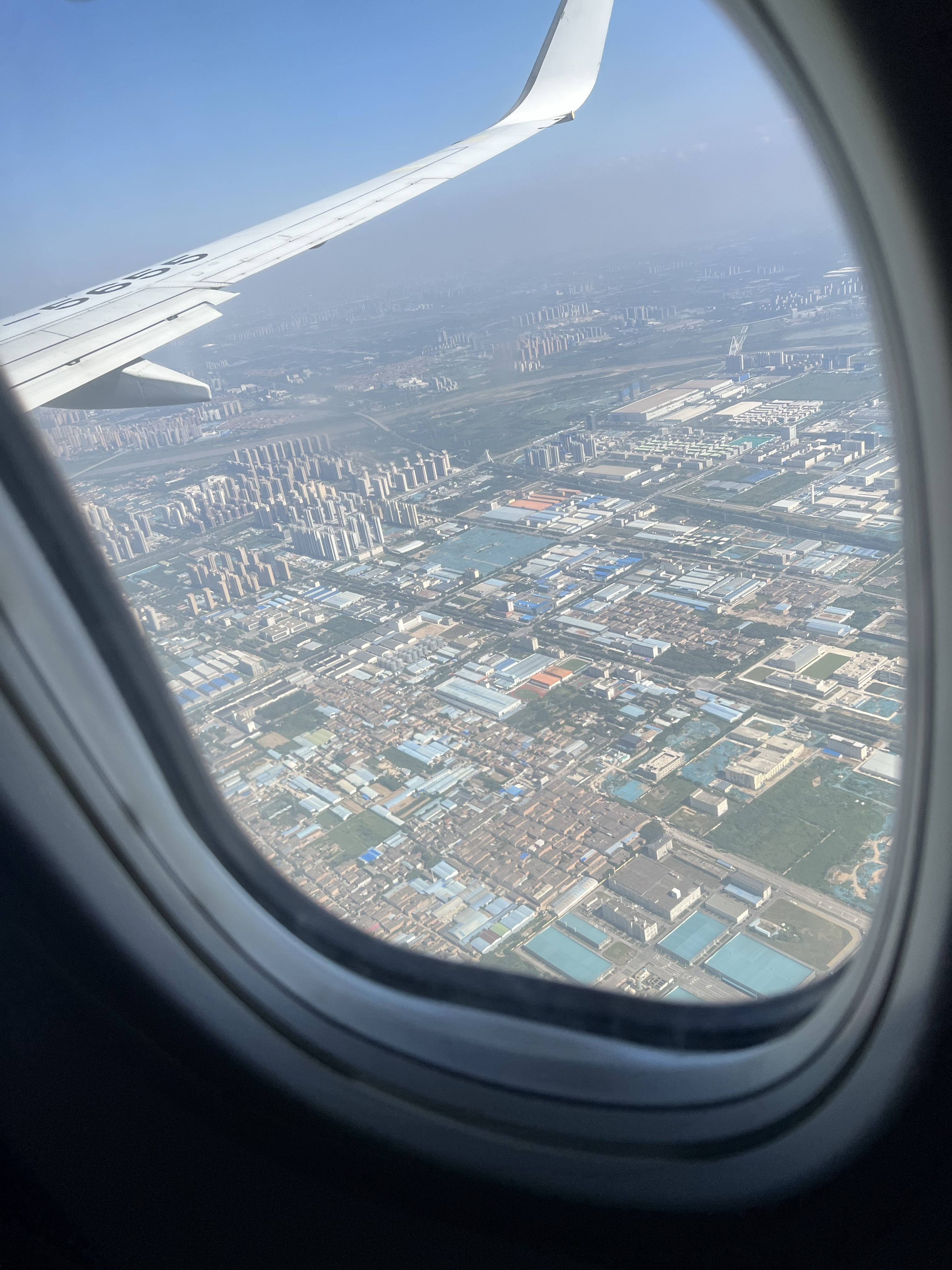
written by Huo Chenyu
In 2023, the ancient capital of Xi'an witnessed the most significant tourism boom in its history. It has now become China's top-tier tourist city. Even after the May Day holiday, the Big Wild Goose Pagoda and Tang Paradise Scenic Area are still bustling with tourists, making it lively and extraordinary. It's true what people say, there is no distinction between regular days and holidays when it comes to touring Xi'an, and there's no such thing as an off-peak or peak season. It's always bustling with crowds, full of excitement and liveliness. This has led us to contemplate the tourism industry post-pandemic.
After three years of profound adjustment and reshaping, the tourism industry has undergone significant changes in product supply, user preferences, booking behaviors, and market conditions in 2023. In this year of resurgence and brilliance for the tourism industry, it signifies enormous opportunities for tourism product suppliers, travel agencies, and online travel platforms. Seizing the opportunities of this grand resurgence era may lead to success.
For the Chinese tourism industry in 2023, the past three years marked both an end and a rebirth. The competitive gaps between top platforms in the online travel industry have rapidly narrowed. Additionally, with new competitors entering the scene, the competition in the first half of the online travel sector ended unexpectedly, creating an uncertain landscape for the tourism industry's competition dynamics.
A survey by Ctrip reveals that 85% of Chinese tourists indicate their travel budgets for this year are less than 10,000 RMB. Luxury hotels are facing a slow recovery as they are impacted by new consumer trends and lack international business travelers and conference demand.
Although budgets are not high, it doesn't mean that tourists are willing to sacrifice travel quality for lower prices. McKinsey's survey on traveler sentiments during the COVID-19 pandemic shows that the two most favored types of accommodations among Chinese tourists are international economy hotel chains and local boutique hotels, both known for their reasonable prices and comfort. Furthermore, due to restrictions on overseas travel, high-end hotels in domestic destinations are attractive to certain segments of travelers, and the room occupancy rates in some premium tourist destinations have remained high.
What are the trends in China's tourism industry after the pandemic?
Through consumer sentiment surveys and market observations, we have identified four trends on the path to recovery for China's tourism industry.
1. Full Recovery Expected in "Golden September and Silver October"
The survey indicates that a few tourists might choose to travel in early summer, but most respondents stated they would avoid going too far until the National Day holiday (end of September to early October). For many, official announcements by experts (54%) or the full resumption of in-person classes at schools (54%) are reliable signals for long-distance travel.
2. Three Main Themes: Outdoor Activities, Culinary Experiences, and Family Trips
People remain cautious when traveling and tend to avoid crowded popular attractions. Outdoor attractions are expected to be the most popular choice. Trips focused on culinary experiences and family themes (ranked top three) are also expected to remain popular. Shopping, on the other hand, has fallen to the bottom of the list. The majority of tourists expect their next trip to be within China, with most planning to travel to destinations outside their home city.
3. Reduced Demand for Group Tours
The popularity of group tours has sharply declined: our survey shows that only 10% of respondents might consider joining a large tour group for their next trip, while 68% said they wouldn't consider this option at all. This marks a fundamental shift.
Chinese tourists have traditionally enjoyed group tours, especially for international travel, as they are convenient and worry-free. However, these advantages are no longer enough to offset their concerns about the safety of large tour groups.






